Hurricanes In The Digital Age: Social Media's Role

Hurricanes in the Digital Age: Social Media's Role
Introduction
Hurricanes are powerful forces of nature that can cause significant damage and loss of life, making preparation and communication crucial. In today's digital age, social media has become an essential tool for disseminating information about hurricanes to the public. This article explores the role of social media in providing basic knowledge about hurricanes, such as weather updates, evacuation routes, and emergency contacts. We will also discuss how social media can help raise awareness of hurricane safety and preparedness measures.
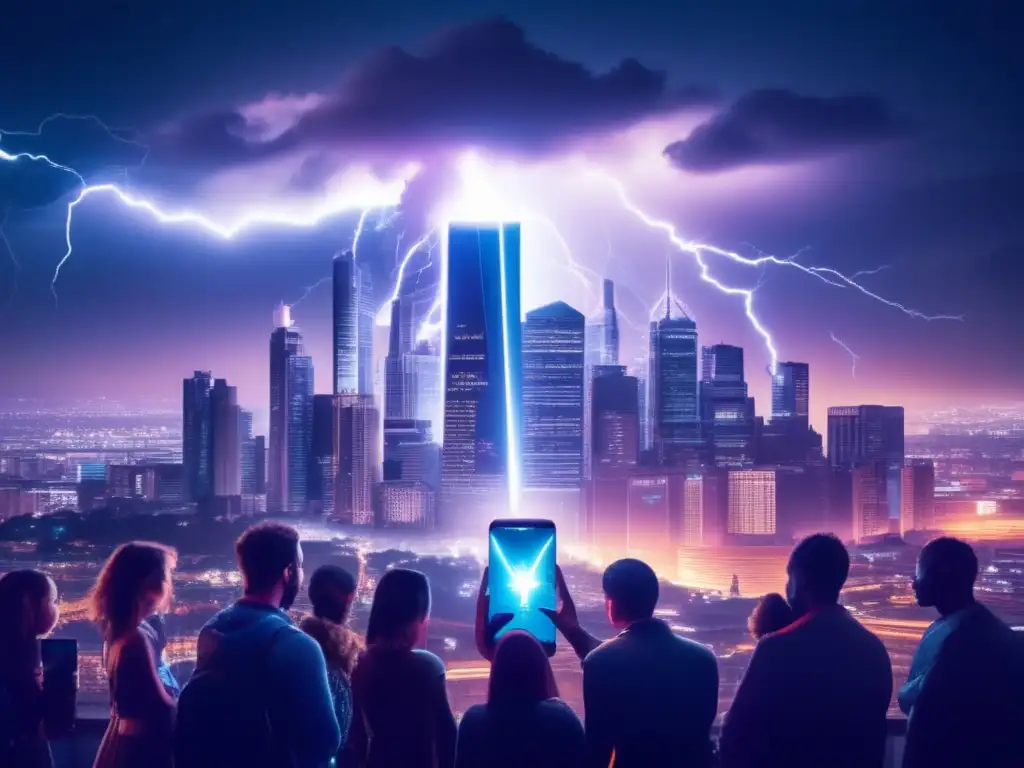
Real-Time Weather Updates
One of the most significant benefits of social media during a hurricane is the ability to receive real-time weather updates. National Weather Service (NWS) and local meteorologists often post updates on Twitter and Facebook, which can alert residents about the path of the storm, rainfall amounts, wind speeds, and other critical information. With this information, residents can make informed decisions about evacuating or staying put.
Evacuation Routes and Emergency Contacts
Social media can also be a valuable resource for finding evacuation routes and emergency contacts. Many city and state government agencies, as well as nonprofit organizations, use social media to share evacuation maps and contact information for emergency services. Social media platforms like Facebook also allow users to mark themselves as safe during a disaster, letting loved ones know they are okay.
Hurricane Safety Tips
Social media can play a critical role in promoting hurricane safety tips, such as securing outdoor furniture, stocking up on supplies, and preparing an emergency kit. Organizations like the Red Cross use Twitter and Instagram to post infographics and videos that explain how to prepare for a hurricane. Additionally, social media users can share their experiences and recommendations for hurricane safety, providing valuable insights to others in the community.
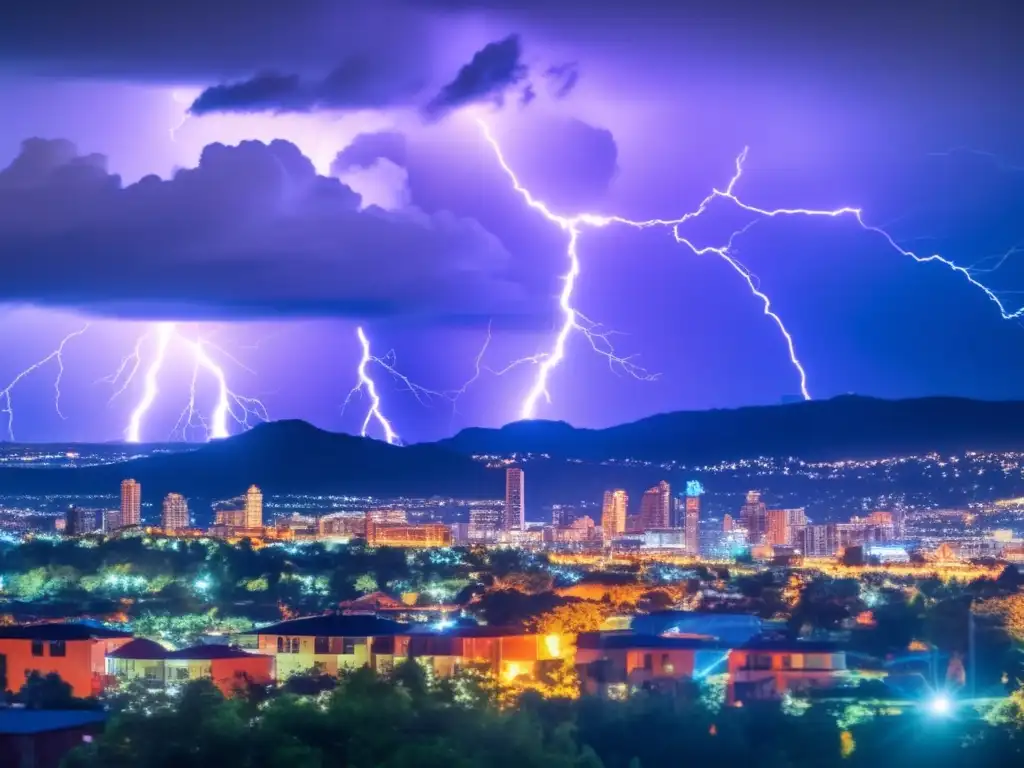
Disinformation and Misinformation
One of the most significant challenges of social media during a hurricane is the spread of disinformation and misinformation. False rumors can quickly circulate on social media, causing confusion and panic among residents. For example, during Hurricane Harvey in 2017, rumors circulated on Twitter claiming that alligators had escaped from a local zoo and were swimming in floodwaters. While this was ultimately proven false, it caused unnecessary worry for many people.
Overloading Communication Networks
Social media can also overload communication networks during a hurricane, making it difficult for emergency services to communicate with each other. If too many people try to post messages, photos, and videos simultaneously, the network can become congested, making it challenging to send and receive critical information. This is why it's essential to use social media responsibly during a hurricane and avoid posting nonessential content.
Accessibility Issues
Finally, social media can present accessibility challenges during a hurricane. Not all residents have access to smartphones, computers, or reliable internet service. In addition, some residents may be elderly, disabled, or non-English speakers, making it more challenging to receive critical information via social media. Emergency services and nonprofit organizations must take these challenges into account and provide alternative methods of communication to ensure that everyone has access to essential hurricane-related information.
Frequently Asked Questions

-
Can I rely solely on social media for information during a hurricane?
No, social media should be used as a supplement to other forms of communication, such as local news channels, radio, and emergency alerts.
-
Should I trust all information I see on social media during a hurricane?
No, it's essential to verify information before acting on it. Check the source of the information, and cross-reference it with other reputable sources.
-
Is it safe to use social media during a hurricane?
If you have access to a reliable internet connection, it's safe to use social media for critical updates. However, avoid posting nonessential content that may overload communication networks.
-
What should I do if I don't have access to social media during a hurricane?
Be sure to have a backup plan for receiving critical information, such as a battery-powered radio or a community alert system.
-
How can I help spread accurate information about hurricanes on social media?
You can share updates from reputable sources, fact-check information before sharing, and report misinformation to social media platforms.
Conclusion
Social media can be a powerful tool for providing basic knowledge about hurricanes, including real-time weather updates, evacuation routes, and safety tips. However, it is crucial to use social media responsibly during a hurricane and avoid spreading false information or overloading communication networks. Social media is just one of many tools available for obtaining hurricane-related information, and residents should also rely on local news channels, radio, and emergency alerts. Finally, we must not forget those who are most vulnerable during a hurricane and ensure that alternative methods of communication are available to all residents.
At HurricaneInsider.org, we are committed to providing accurate and timely information about hurricanes to our readers. We hope this article has been informative and helpful to those living in hurricane-prone areas and for the general public. We encourage you to share your thoughts in the comments section and positively engage with our website by subscribing, sharing the article on social media, or other forms of participation. Thank you for your time and attention.
Additional Resources
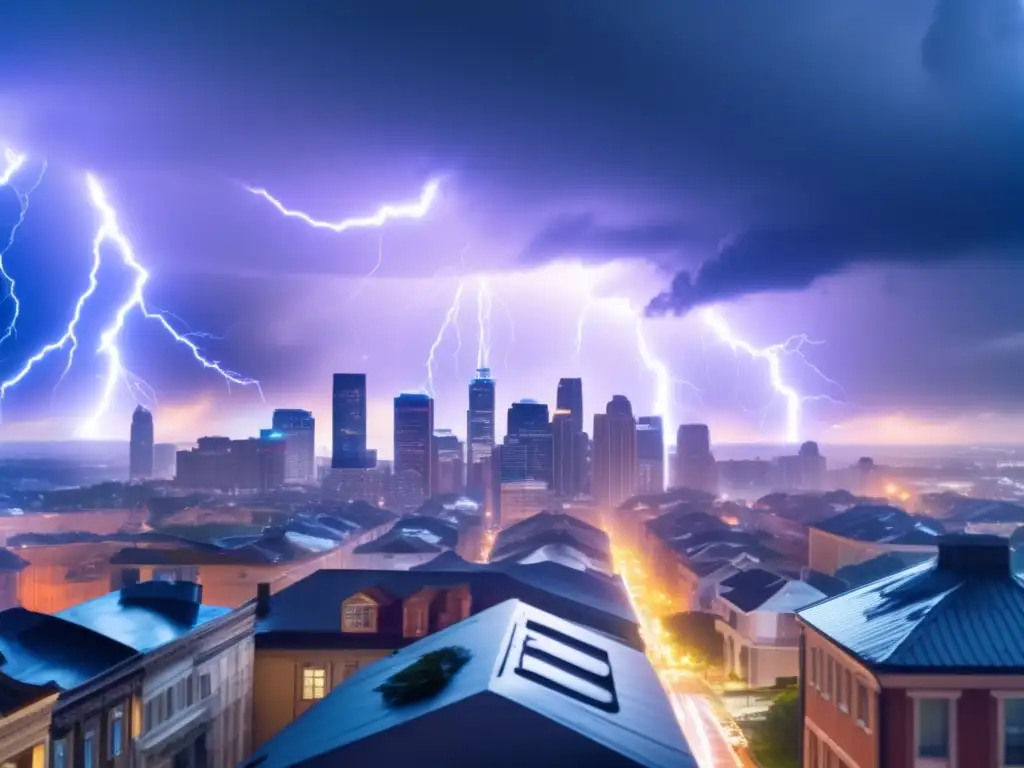
Here are some additional resources for those interested in learning more about hurricanes:
 From Space: Astonishing Images Of Hurricanes
From Space: Astonishing Images Of Hurricanes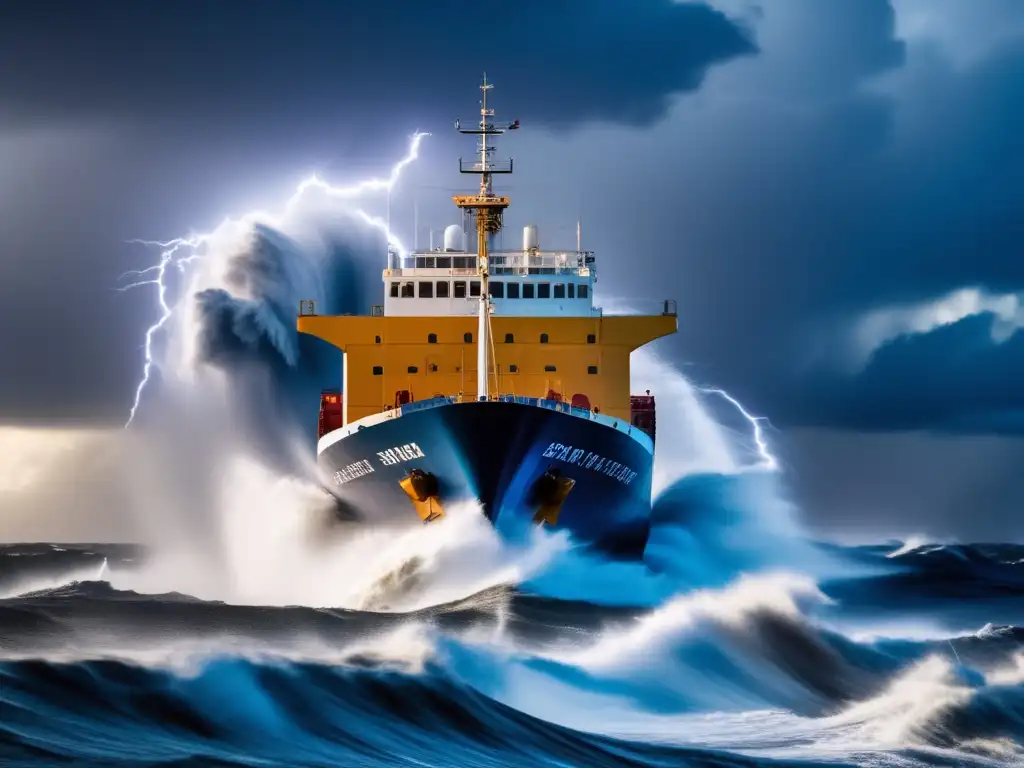 Hurricanes And Shipping: Navigating The Storm
Hurricanes And Shipping: Navigating The Storm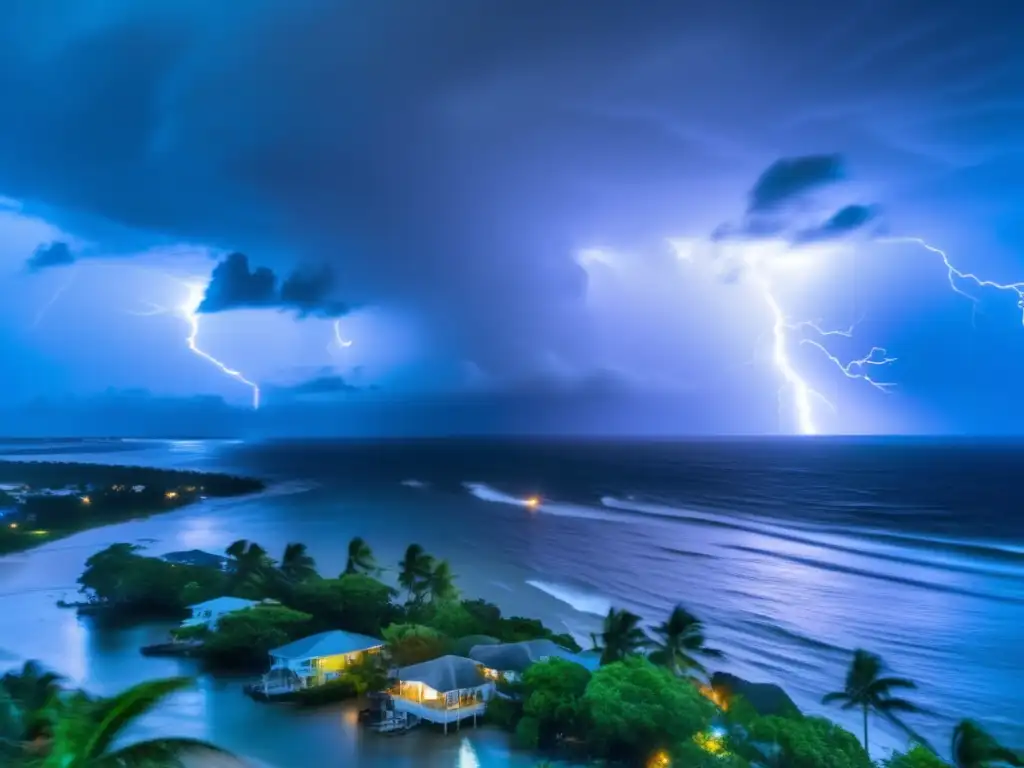 Predicting The Unpredictable: The Challenges Of Hurricane Forecasting
Predicting The Unpredictable: The Challenges Of Hurricane ForecastingIf you want to discover more articles similar to Hurricanes In The Digital Age: Social Media's Role, you can visit the Basic knowledge about hurricanes: category.
Leave a Reply

Articulos relacionados: